Jack Ross is the new Dundee United manager.
Talks immediately commenced with the former Hibernian boss following Courts’ departure ‘by mutual consent’ last Tuesday.
Those discussions reached a successful conclusion over the weekend and Ross’ arrival on a contract until 2024 was confirmed on Monday.
So, what can United expect from Ross?
From author to motivator, Courier Sport profiles the Tangerines’ chosen one.
The tactician
Is not having a philosophy a philosophy?
If so, that’s Jack Ross’ philosophy.
Ross has utilised a swathe of different shapes during his management career, from 4-2-3-1 to 4-3-3 to 4-4-2 diamond to 3-4-3.
Moreover, he likes his sides to be flexible and fluid during matches; able to alter the strategy and solve problems.
Rather than obsess over tactics and styles, Ross’ has described his outlook as focusing on four broad areas of the game: defending, pressing, countering and switching play.
Those are the foundations Dundee United’s work will be built upon.
The man-manager
Ross’ dismissal as Hibs boss stunned the Easter Road dressing room.
A run of seven defeats in nine league matches was undeniably lamentable but Ross had guided the capital club to the Premier Sports Cup final. Even after a 1-0 defeat against Livingston on December 8, none of his charges expected that to be the end.
It was a hammer-blow to a group of players who remained fully behind Ross. Martin Boyle publicly stated that the decision was ‘one that I don’t agree with’.
He spoke for the vast majority of his teammates.
While not overbearing (Ross effectively allows senior players to police the dressing room themselves), he employs an open-door policy and encourages anyone at the club to discuss issues with him, whether personal or professional.
However, his placid touchline and media demeanour should not be mistaken for an inability to privately haul under-performers over the coals. Nothing could be further from the truth, Courier Sport has been told.
In short, as a former chairman of players’ union PFA Scotland, people skills and crisp communication — whether positive or critical — are a forte.
That rapport has seen him bring the best out of players from Ian McShane and Cammy Smith, to Boyle, Lewis Morgan, Josh Maja and Aidan McGeady.
The influence Ross could have on a talent like Tony Watt is an exciting prospect for all Arabs.
The student
It took Celtic 83 minutes to break down Ross’ Alloa side in the League Cup.
It was September 2016 and Hoops boss Brendan Rodgers liked what he saw.
Not many sides travel to Parkhead and play with the fearlessness showcased by the part-time Wasps that night, regardless of the 2-0 defeat. Ross and Rodgers have remained close ever since.
He cites the Leicester City boss as a major influence in his development; always on hand for advice and guidance. Derek McInnes falls into a similar category.
Ross has always sought to glean advice wherever he can. He pays that forward in his role as a Scottish FA coaching tutor.
It is a voracious passion to learn that extends beyond the football bubble.
Ross attained a degree in economics from Heriot-Watt University when, having been released by Dundee, it became clear that sport may not be his path to financial stability and stardom.
As outlined in an excellent profile by The Scotsman’s Moira Gordon, his library includes motivational tomes from sporting heroes ranging from Andre Agassi to Bradley Wiggins.
United are getting a driven, obsessive student of elite sports and psychology.
Moreover, he has authored a couple of children’s books himself, including Alfie the Adventurous winger — who sounds like he’d be a useful signing for United.
The nearly man
It is a peculiar quirk that managers often receive more criticism for falling at the final hurdle than enduring early elimination.
To be clear: ‘bottlers’ — as the barb goes — don’t reach major finals in the first place.
There is plenty of pressure associated with fixtures in earlier rounds. Ross’ teams have shown the gumption and wherewithal to navigate those over the years.
His record in cup competitions should be a source of optimism rather than sneering.
Nevertheless, that habit of falling agonisingly short will be a source of frustration.
Ross’ Sunderland lost the FA Trophy Final against Portsmouth on penalties following a breathless 2-2 draw, before succumbing 2-1 against Charlton in the League One playoff final.
Hibs lost the Scottish Cup final 1-0 against St Johnstone in 2020/21 and were knocked out by Hearts at the semi-final stage in the previous campaign.
Perhaps most painful, Ross guided Hibs to the Premier Sports Cup final last season following a stirring 3-1 semi-final triumph over Rangers — only two be sacked 10 days before the Hampden showdown with Celtic.
Hibs went on to lose 2-1 and finish eighth in the Premiership.
The perfect opportunity
If United have every reason to be heartened by this appointment, then the feeling should be mutual.
Ross found himself in something of a managerial hinterland following his Easter Road exit.
His record merited an opportunity in the top-six. However, viable options were few and far between.
Ross wouldn’t get the Celtic or Rangers jobs, narrowly missed out on the Aberdeen post earlier this year and certainly won’t be Hearts manager any time soon.
It is a similar scenario to the one Derek McInnes found himself in. Eventually, the former Dons boss bit the bullet and returned to the dugout with Kilmarnock.
Desperate to scratch his management itch, Ross was almost tempted back into the game with Dundee.
However, having rebuffed the Dark Blues’ advances, Ross has attained the biggest job he could realistically secure in Scottish football; a club boasting a huge fanbase, top-six expectations and European football.
His patience has paid off.
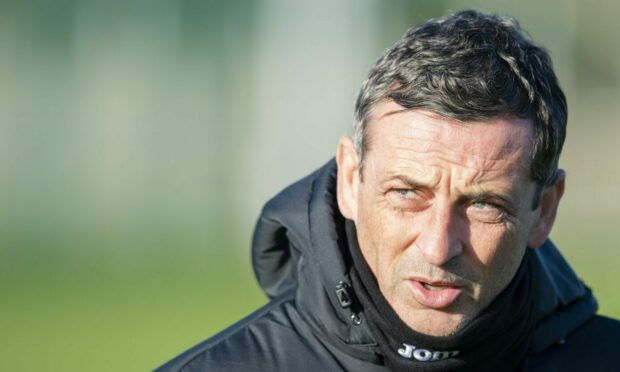
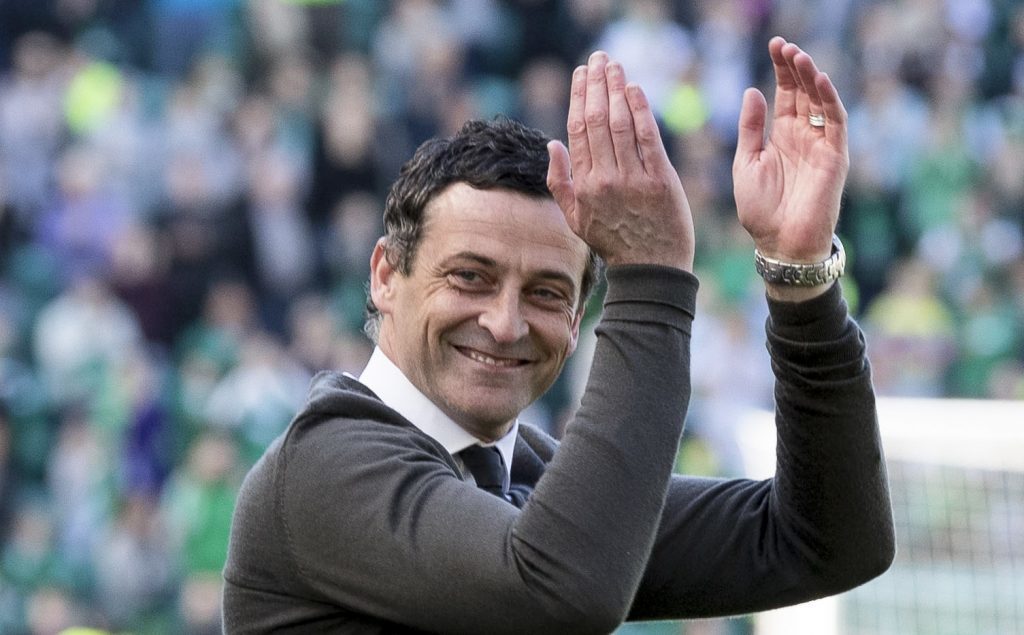
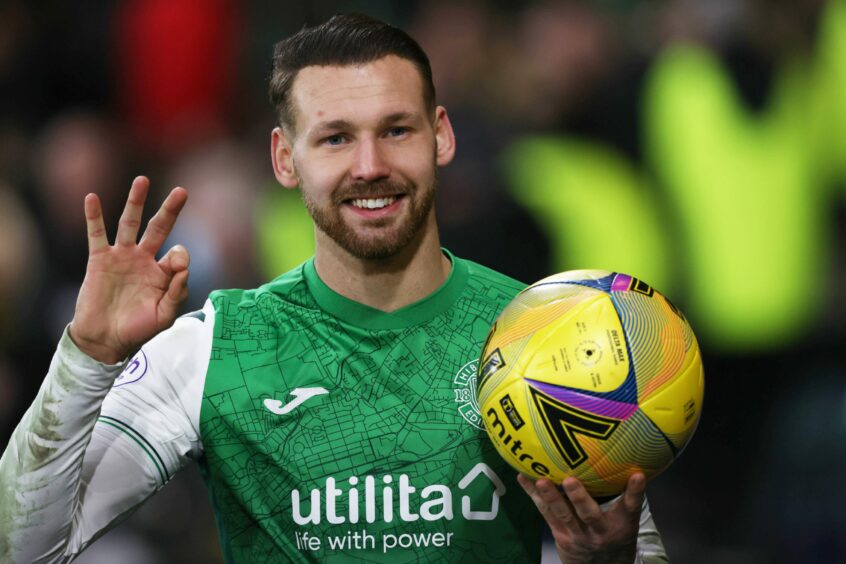
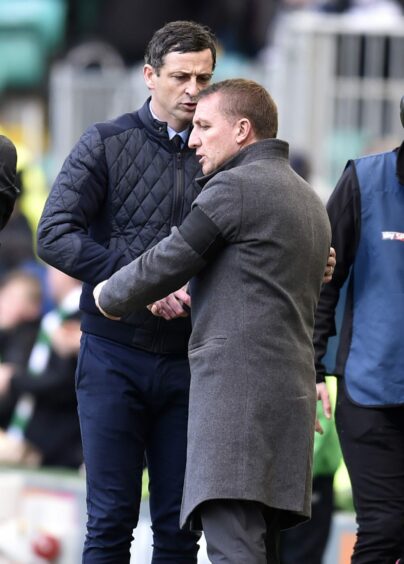
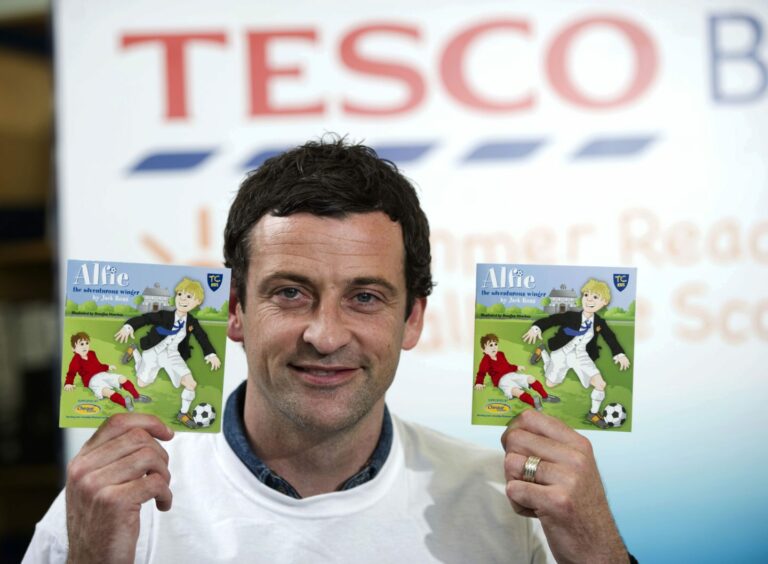
Conversation